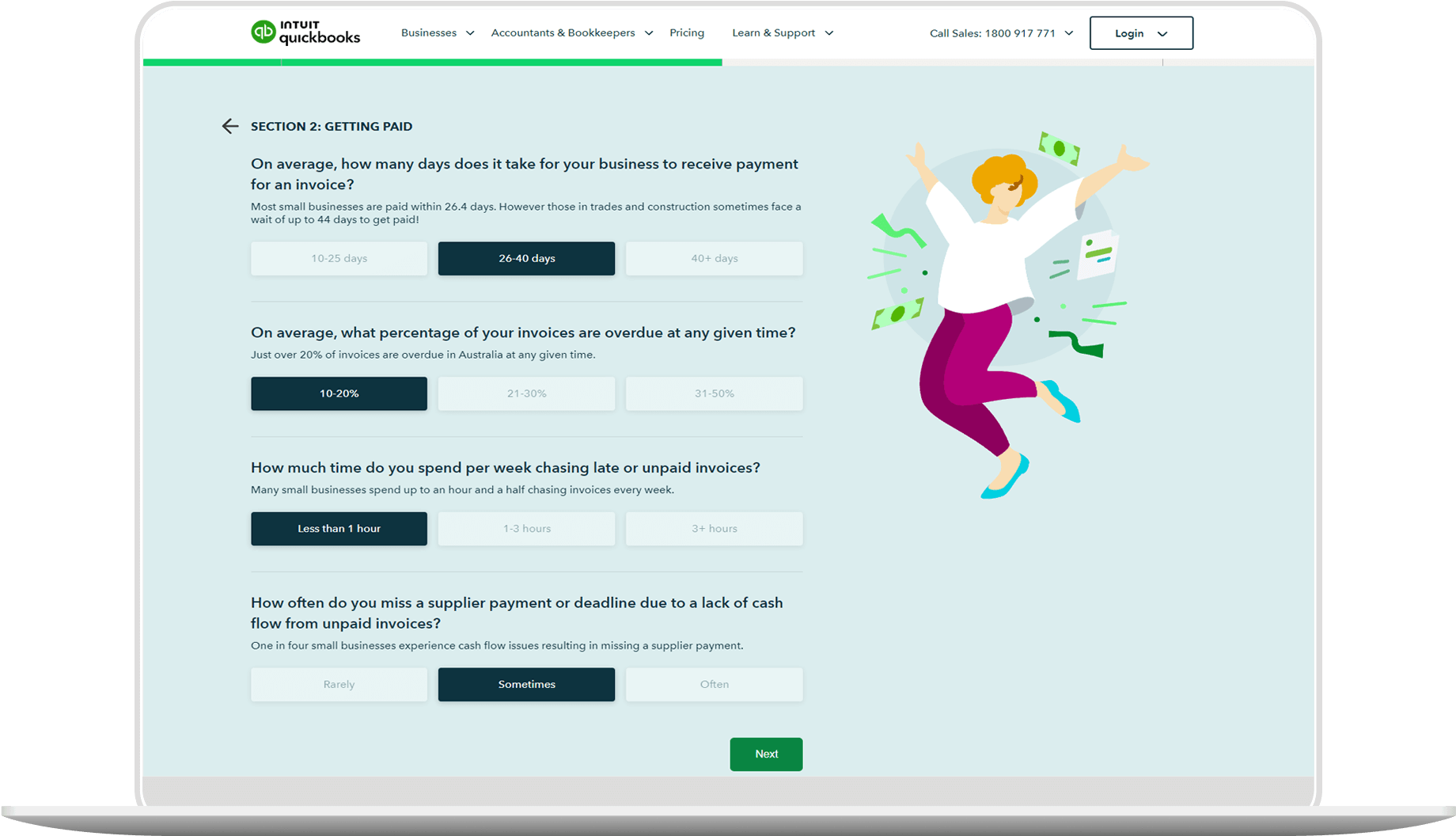Different Types of Allowances
There are two types of allowances that small business owners can offer their employees.
Living Away From Home Allowance
LAFHA is paid to employees to compensate for additional living expenses due to living away from home for an extended period for work. A LAFHA fringe benefit may arise when certain conditions are met and therefore need to be reported in your annual fringe benefits tax (FBT) return. In some circumstances, LAFHA payment may be exempt from FBT.
Tax-exempt components of a LAFHA include:
- Reasonable accommodation costs. These include accommodation that equals the accommodation expenses incurred by the employee.
- Reasonable food costs. This is determined by subtracting the applicable statutory food total from the food component.
- Statutory food costs are $42 per week for adults (12 years old and above) and $21 per week for children (under 12 at the beginning of the year).
With LAFHA, the employee intends to return home after work at the temporary location is completed. When the employee is temporarily relocating for work, their family may also relocate with them or visit them. To qualify for LAFHA, the employee will also be working at the temporary workplace for longer than 21 days.
If their family relocates with them, LAFHA can also compensate for secondary schooling. Find out more here.
Travel Allowance
Unlike LAFHA, travel allowance is generally included in your employee’s assessable income, and tax may be withheld from it. A travel allowance can include food, drink, and accommodation, and the employee may incur incidental expenses.
It is important to note that a travel allowance provided by an employer is not taxed under the FBT regime but may be taxed under the PAYG withholding regime instead.
A travel allowance is usually offered to employees who travel to perform their work duties and return home intermittently during their time away.
Unlike LAFHA, an employee does not have to relocate temporarily when provided with a travel allowance. The current work will continue to be their usual place of work.
When travelling for work, the employee will typically only need to bring travel supplies. These can include toiletries and extra clothing. They will also use temporary styles of accommodation the employer provides, such as a hotel.

















